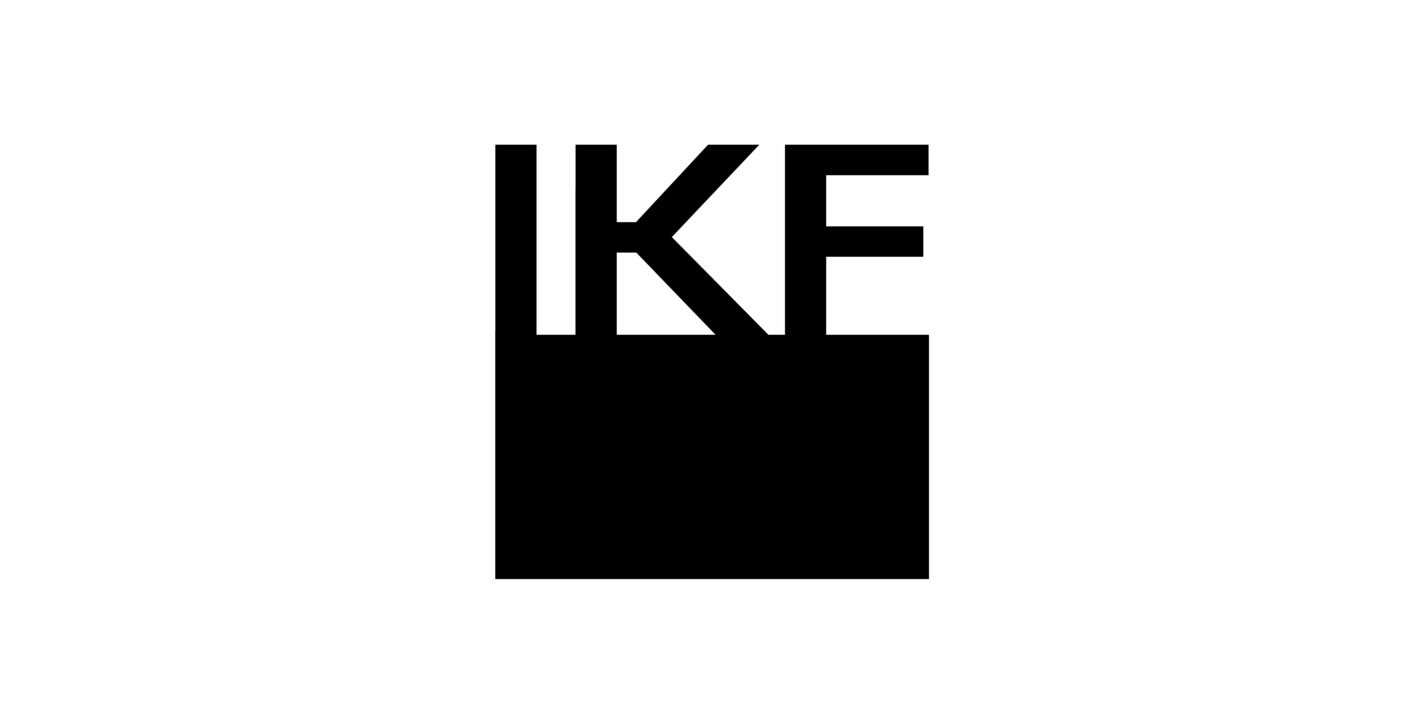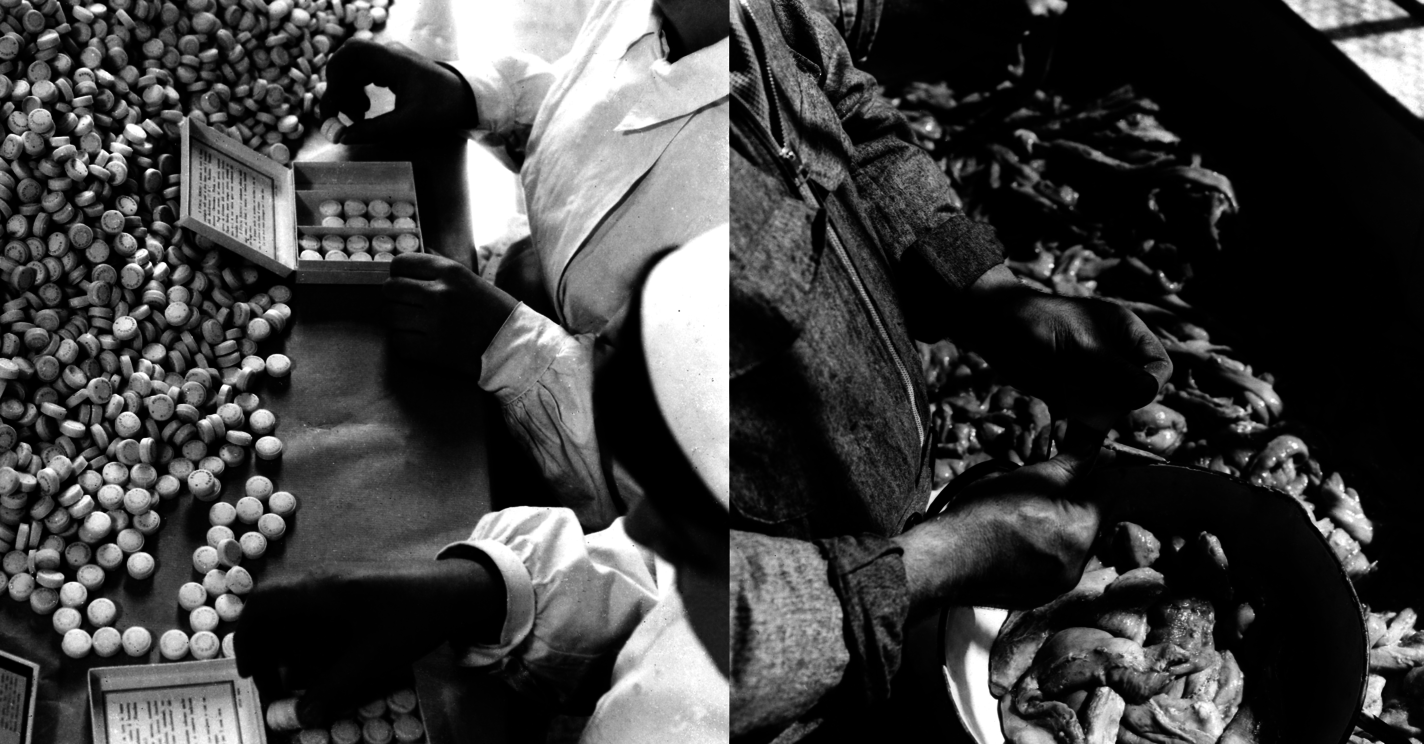26. TDK des IKF: Creative Metabolism: Waste in Three Chapters
Einladung zum experimentellen Austausch zwischen der Filmkünstlerin und Gastprofessorin Lucy Beech, der Wissenschaftlerin Dr. Tamar Novick, Max-Planck-Institut für Wissenschaftsgeschichte Berlin und der Autorin Dr. Cassie Westwood zu Bedeutung und Potenzial von Abfall in verschiedenen soziokulturellen Kontexten. Die Veranstaltung findet online auf ZOOM und in englischer Sprache statt.
- Datum / Dauer:
- 22.02.2022
- Zeit:
- 17:00
- Ort:
- Online-Veranstaltung
This transdisciplinary colloquium hosted by IKF explores the meanings and potentials of waste in various socio-cultural settings. The event is instigated by artist filmmaker and guest professor Lucy Beech who is currently artist fellow at the Max Planck Institute for the History of Science where she is working on a new film that explores connections between waste, creativity and the body.
ZOOM LINK
You can access the event via the zoom link:
https://us02web.zoom.us/j/81447459982
Meeting-ID: 814 4745 9982
Kenncode: 774775
COLLOQUIUM
Split into three presentations Beech invites her collaborators from history of science and literary/queer studies to share their research on the ecological, psychic and societal impacts of reusing waste. The participants will examine what constitutes waste, what are the conditions for its categorization and what kinds of creativity are involved in its transformation. Each presentation will draw on transhistorical examples of creative salvage connected to different waste materials as instigated by reproductive scientists, agriculturalists and queer poets and writers. Examining attitudes to waste in these contexts is a way of unpacking the complexities of how bodies come to be valued, stereotyped; dominant or disposable.
- In Part 1 historian of science Tamar Novick explores creative experimentation with bodily waste in the context of reproductive science and the transformation of urine into a leading resource material for fertility drugs.
- In Part 2 Lucy Beech focuses on the fate of infertile animal bodies characterised as waste in the context of agriculture and explores how taste, tone, texture, and colour have been used to try extract value from infertility.
- In Part 3 writer Cassie Westwood explores the work of poets – almost all of them queer – who are committed to acts of writerly salvage; incorporating deleted passages, false starts and other poets' textural waste into their own published work. Westwood builds an analogy between the provisional, transitional state implied by the incorporation of drafts and revisions into written works, and her own transition from male to female. By doing so she explores how these instances of poetic reuse tells us something about the creative processes involved in queer self-fashioning.
This event is designed to demystify transdisciplinary and experimental exchange between artists, writers and scientific researchers by creating a point of public access to the participants' ongoing experimental exchange. This exchange forms the basis of Beech's forthcoming film supported by MPIWG and set for release 2022.
PARTICIPANTS
- Lucy Beech is an artist whose practice encompasses filmmaking, performance, installation, research and writing. Beech is currently artist fellow at the Max Planck Institute for the History of Science in Berlin and guest professor in film and knowledge at the Filmuniversität Babelsberg Konrad Wolf.
- Dr. Tamar Novick is trained as a historian of science, and writes about agriculture, technology, animals, bodily waste, and fertility research in Palestine-Israel. She is a senior research scholar at Max Planck Institute for the History of Science in Berlin, where she leads a working-group on animals and knowledge titled "Out of Place, Out of Time."
- Dr. Cassie Westwood is a writer, teacher, and trainee psychotherapist, living in Oxford. Her recent publications include 'The Queer Art of Ardent Reading' (Raritan, 2021), and 'Humans, and Other Nonsense Animals' (The Edinburgh Companion to Nonsense, 2021).
Host: IKF (Institute for Artistic Research)


